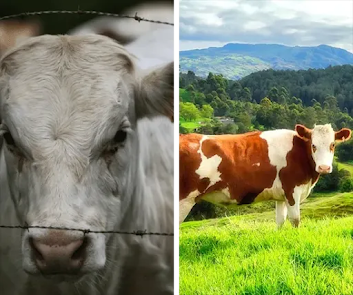Consumption of food also has a very close relation to the condition of our environment, and this is very much true. There are a lot of things we can’t stop consuming, like food we eat, and this means that the things we consume have consequences on the environment, like greenhouse gas emission, water usage, etc. Sustainable eating climate education is therefore relevant. Climate Education for Sustainable Living can be found at which provides guides that enable one to consume foods that are good for the climate as well as our bodies.
Climatediet.org
is managed by the Planetary Health Alliance, an organization that comprises
actual researchers, policymakers and clinicians who are focused on the health
research and policy concerning the effects of food systems on human and
ecological health. Their sustainable earth eating program shows us how to overcome these
challenges and move toward more plant-based diets while also maintaining a
healthy quality of nutrient dense foods, cultural and economical
considerations, and delicious taste. Such climate education makes it possible
for individuals to contribute to the change through our daily meal selection.
This website will enable you to predict the amount of carbon you would need for food that you consume within one week. You can then proceed to consider ways of achieving lower emission by using substitutes for example, instead of taking beef, instead one can consider taking legumes, purchase food when it is in season and avoid food wastage. The potential impact is substantial: if all food was consumed half that of today, that would reduce emissions similar to removing more than 200 million cars.
Besides cutting down on our carbon footprints, Climate Education for Sustainable Living accelerates the conservation and protection of nature, and its habitats such as forests, seas and grasslands. Additionally, it also supports regenerative agriculture, which aims to increase the fertility of the soil while lowering the amounts of carbon dioxide in the atmosphere.
Decisions about what one can eat to reduce immediate environmental impact is quite inspiring on a personal level. Yet, it is also peppered with useful guides for getting involved in the process of achieving a better, more sustainable methods of food production and distribution from the business end of things, all the way up to the policymakers. We are able to transform the future generations of our food culture in a way that sustains the world and its climate in the long run through climate education.



No comments:
Post a Comment